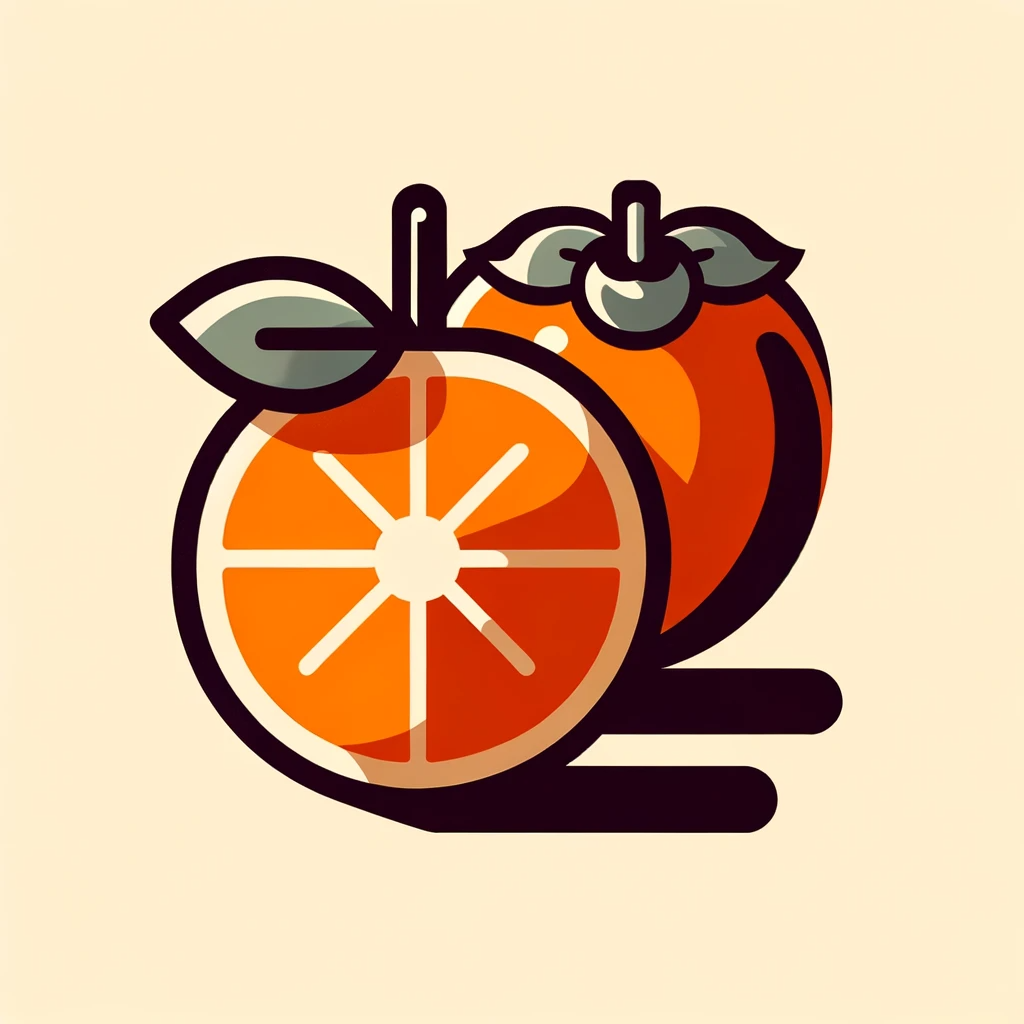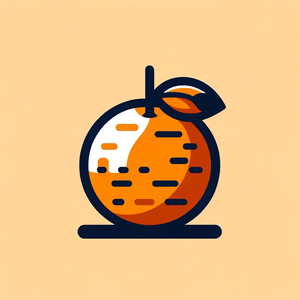単語 (Vocabulary)
みかん (みかん) - Mandarin orange
柿 (かき) - Persimmon
好き (すき) - Like
冬 (ふゆ) - Winter
小さい (ちいさい) - Small
質問 (しつもん) - Question
嫌い (きらい) - Dislike
果物 (くだもの) - Fruit
甘い (あまい) - Sweet
酸っぱい (すっぱい) - Sour
会話の話題 (Conversation Topics)
みかんはどんな味がしますか?
(みかんはどんなあじがしますか?)
What does a mandarin orange taste like?
暖房器具にはどんなものがありますか?
(だんぼうきぐにはどんなものがありますか?)
What are some heating appliances?
柿とみかんの違いは何ですか?
(かきとみかんのちがいはなんですか?)
What is the difference between a persimmon and a mandarin orange?
冬に食べるおすすめの果物は何ですか?
(ふゆにたべるおすすめのくだものはなんですか?)
What fruits do you recommend eating in winter?

A kotatsu
is a traditional Japanese heating appliance. It consists of a low, wooden table frame covered by a futon, or heavy blanket, upon which a table top sits. Underneath the table is a heat source, often built into the table itself. In modern times, this is usually an electric heater. People sit on the floor or on cushions around the kotatsu, with their legs under the blanket to keep warm. Originally used during the winter months, the kotatsu is a cozy spot for family or friends to gather, often while eating, chatting, or watching TV. It's a symbol of domestic warmth and comfort in Japanese culture.
Mikan Counting
| かぞえかた | みかん |
|---|---|
| ひとつ | 🍊 |
| ふたつ | 🍊🍊 |
| みっつ | 🍊🍊🍊 |
| よっつ | 🍊🍊🍊🍊 |
| いつつ | 🍊🍊🍊🍊🍊 |
| むっつ | 🍊🍊🍊🍊🍊🍊 |
| ななつ | 🍊🍊🍊🍊🍊🍊🍊 |
| やっつ | 🍊🍊🍊🍊🍊🍊🍊🍊 |
| ここのつ | 🍊🍊🍊🍊🍊🍊🍊🍊🍊 |
| とお | 🍊🍊🍊🍊🍊🍊🍊🍊🍊🍊 |
Japanese Transcripts (Furigana Included/Excluded)
今回はみかんについてです。
私はみかんが大好きです。
特に冬の小さいみかんが好きです。
みなさんに質問です。
みかんが好きですか?
みかんが嫌いな人はいますか?
同じオレンジ色の果物で柿がありますね。
私はあんまり柿が好きじゃないです。
柿が好きじゃない人はいますね。
でもみかんが嫌いという人に会ったことがありません。
みんなみかんが大好きだと思います。
みかんの好きなところを話します。
みかんは持ち運びしやすいです。
私は冬の低い山のハイキングの時に。
みかんを持っていきます。
みかんは甘くて、少し酸っぱくて、みずみずしいです。
おいしいですね。
あと、みかんを友達にあげると、もっと仲良くなります。
みかんを持って行ってみんなとシェアすると喜んでくれます。
ちょっと重いけど、外で食べるみかんはとてもおいしいですよ。
みかんは家の中でもよく食べます。
みかんは冬の果物です。
冬の寒い時期にコタツに入ってみかんを食べるのはいいですね。
アニメや漫画でそのシーンを見たことがある人がいると思います。
'コタツの上にみかん'は冬の風物詩です。
皆さんはどんな時に誰とみかんを食べますか。
今回はみかんについてです。
私はみかんが大好きです。
特に冬の小さいみかんが好きです。
みなさんに質問です。
みかんが好きですか?
みかんが嫌いな人はいますか?
同じオレンジ色の果物で柿がありますね。
私はあんまり柿が好きじゃないです。
柿が好きじゃない人はいますね。
でもみかんが嫌いという人に会ったことがありません。
みんなみかんが大好きだと思います。
みかんの好きなところを話します。
みかんは持ち運びしやすいです。
私は冬の低い山のハイキングの時に。
みかんを持っていきます。
みかんは甘くて、少し酸っぱくて、みずみずしいです。
おいしいですね。
あと、みかんを友達にあげると、もっと仲良くなります。
みかんを持って行ってみんなとシェアすると喜んでくれます。
ちょっと重いけど、外で食べるみかんはとてもおいしいですよ。
みかんは家の中でもよく食べます。
みかんは冬の果物です。
冬の寒い時期にコタツに入ってみかんを食べるのはいいですね。
アニメや漫画でそのシーンを見たことがある人がいると思います。
'コタツの上にみかん'は冬の風物詩です。
皆さんはどんな時に誰とみかんを食べますか。
English version translated by AI
This time, it's about mandarin oranges.
I really love mandarin oranges.
Especially, I like the small ones we get in winter.
I have a question for everyone.
Do you like mandarin oranges?
Is there anyone who dislikes mandarin oranges?
There are other orange-colored fruits, like persimmons.
I don't really like persimmons much.
There are people who don't like persimmons.
However, I've never met someone who dislikes mandarin oranges.
I think everyone loves them.
I'll talk about what I like about mandarin oranges.
They are easy to carry around.
When I go hiking in the low mountains during winter,
I bring mandarin oranges with me.
Mandarin oranges are sweet, a little sour, and juicy.
They are delicious, aren't they?
Also, giving mandarin oranges to friends can bring you closer together.
When you bring mandarin oranges and share them with everyone, they are happy.
They are a bit heavy, but mandarin oranges eaten outside are especially delicious.
I often eat mandarin oranges at home as well.
Mandarin oranges are a winter fruit.
Eating mandarin oranges while sitting under a kotatsu during the cold winter season is wonderful.
I think many have seen this scene in anime or manga.
'Mandarin oranges on a kotatsu' is a winter tradition.
When and with whom do you usually enjoy mandarin oranges?

